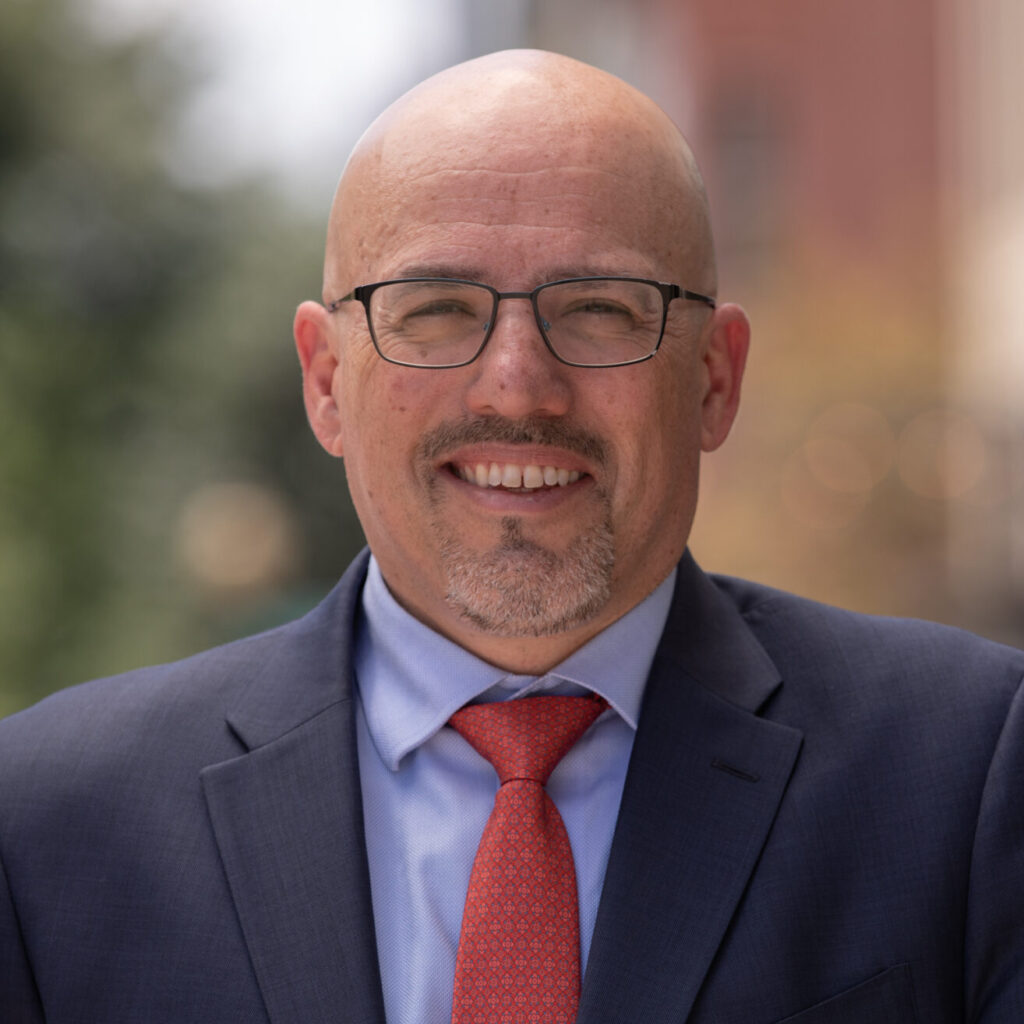
Louis Soares
Louis Soares is the chief learning and innovation officer at the American Council on Education.
Learn more about Louis SoaresPosts by Louis Soares
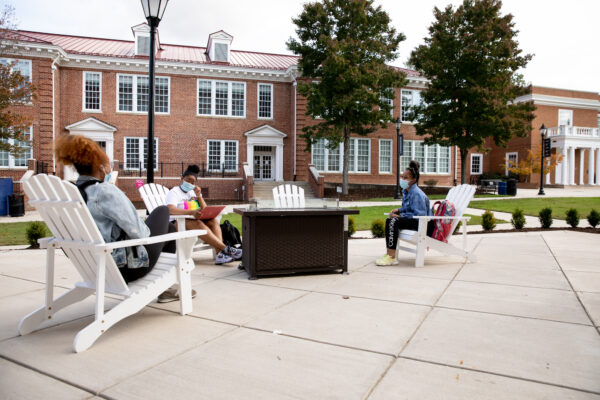
Course Sharing: Business Models and the Learning Ecosystem in Action
Read the third piece in a series focused on exploring the concept of a postsecondary learning ecosystem—one that includes not only traditional higher education institutions but also alternative providers that connect learners to the labor market.
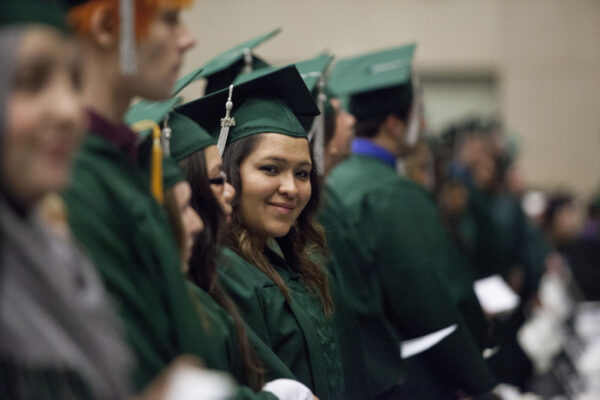
Mapping the Ecosystem of Alternative Postsecondary Education Providers
Alternative providers are becoming a significant—if not yet indispensable—part of the U.S. higher education ecosystem. It’s essential to establish a taxonomy that helps colleges and universities make informed choices about how to work with these providers, writes Louis Soares.
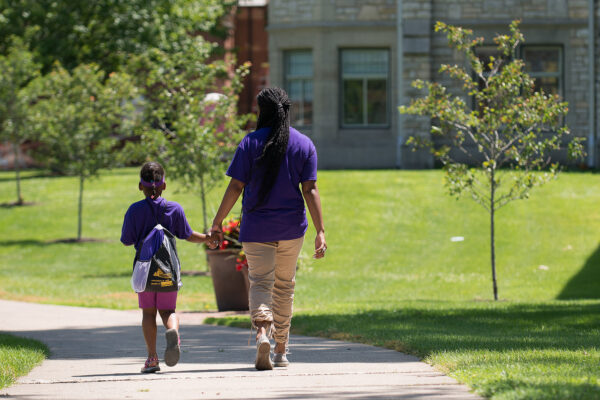
Working Learners and Work Colleges: Innovating at the Intersection of Education and Life
For 72 million American workers without a college degree, blending education, work, and life can unlock high-paying jobs in the knowledge economy. Louis Soares and Vickie Choitz explore how “work colleges” offer a template for supporting these learners.
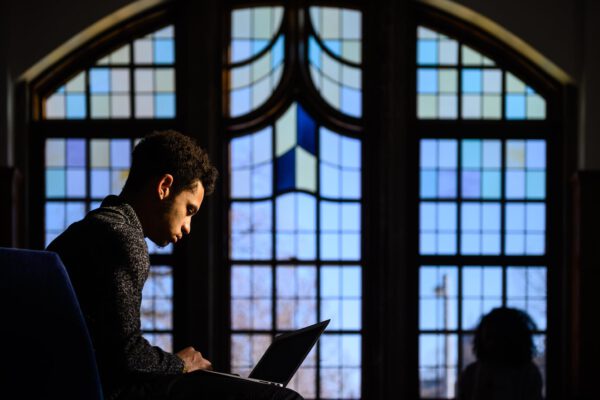
Bringing Jobs and Workers Together in the New Skills Economy
Bridging the disconnect between learners and employers requires a new approach to help open opportunities for people who have historically been underserved by the current system. Can blockchain help fill these gaps?

Learner Records: If You Build It, Will They Use It?
There’s promising evidence that easier connections across higher education and work—especially innovations that allow learners to completely unbundle education—can improve economic mobility and equity in outcomes.
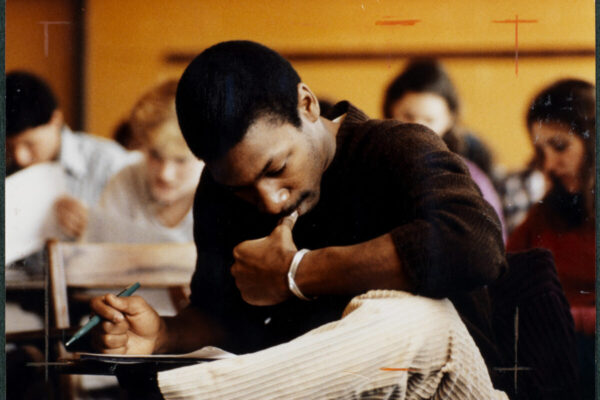
Higher Education Will Be Forced to Do This Recession Differently, and That’s a Good Thing
In the wake of the COVID-19 pandemic, we can expect a surge in demand for higher education that will disproportionately come from post-traditional students. To respond, colleges and universities must swiftly adapt by broadening their view of learning.
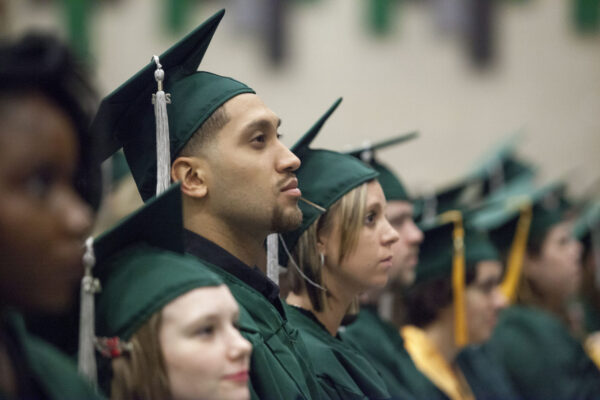
We Need to Talk About Learning Continuity
Amid all the transitions that students and colleges will be going through in the coming months, we need to start experimenting with new tools and practices—like blockchain—that hold the potential to equitably safeguard, verify, and share learning no matter where it happens, writes ACE’s Louis Soares.
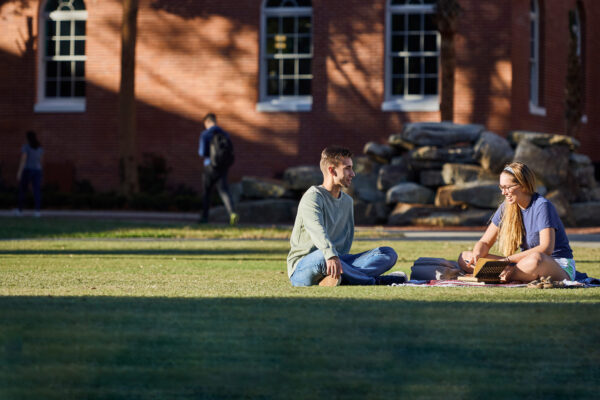
Guideposts for the COVID-19 Learning Transition
COVID-19 is pressing millions of students and faculty into an experiment in teaching and learning that has implications for a new form of college-going that may transform our understanding of higher education. ACE’s Louis Soares writes that our knowledge of how students learn can help us figure out how to move forward.
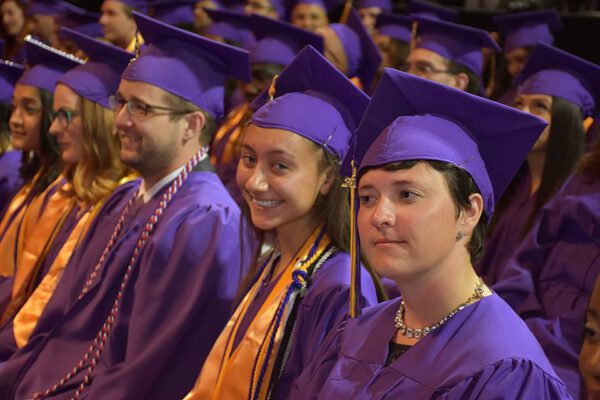
A College Unbound: Cohorts, Educational Trauma, and Micromodels as Catalysts for Innovation
The highly nontraditional model of College Unbound—a unique institution designed for low-income adults who have started college but not finished—presented regional accreditors with a challenge. Louis Soares and Ursula Gross look at the tensions between innovation and accreditation that such institutions present—and how they can be overcome.

Mental Health and Post-traditional Learners
Post-traditional learners are often expected to adjust their own lives and schedules to campus life and services, including in the area of mental health. But it is equally important that campus services and culture are adjusted to better serve this growing group of students and their unique needs.
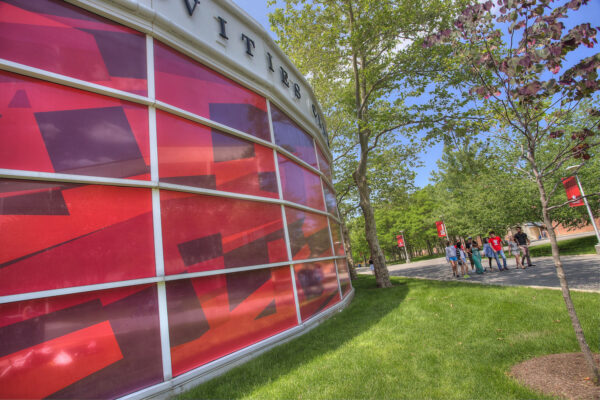
Transforming Professional Learning and Building a New Higher Education Community
ACE believes that the power to sustain and renew American higher education lies in the creativity, commitment, and expertise of the thousands of leaders that work every day to educate students on the nation’s college campuses. Philip Rogers and Louis Soares discuss the Council’s efforts to develop affordable, scalable, professional learning opportunities to make institutions and leaders more effective.
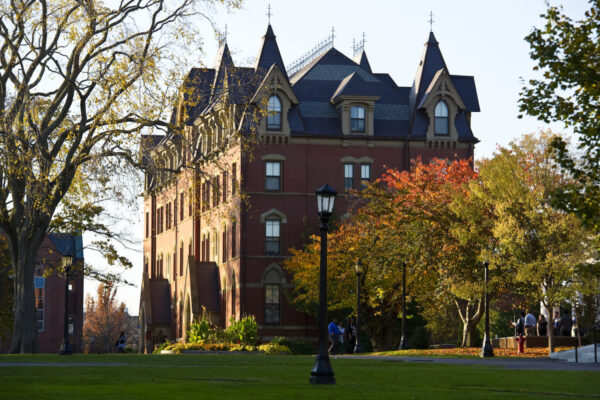
The Hard Work of Innovative Presidents and Teams
A group of 15 current and former higher education leaders met recently to discuss ACE’s American College President Study. Their conclusion: Innovative leadership is more about responding effectively to challenges than it is about predicting the future or having the newest idea.
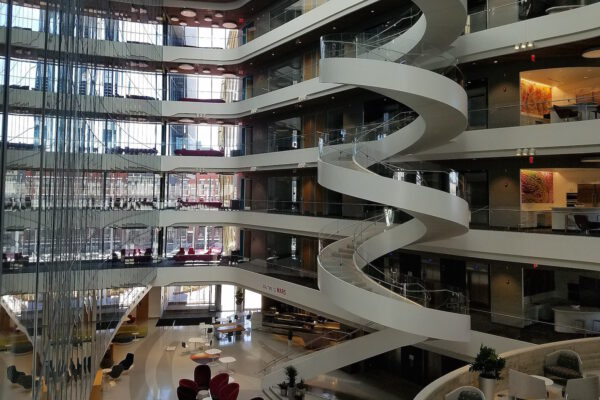
“Learning by Doing” Through Apprenticeships and Flexible Completion Pathways
A competitive workforce and an innovative economy have always depended on a mix of formal postsecondary education and “learning by doing” in the workplace. What does that mix look like in 2018?

Fulfilling Lifelong Dreams: College Promise Programs for Adult Learners
Louis Soares and Morgan Taylor present a case for expanding Promise Programs—which help students complete their degree—to the adult student population.
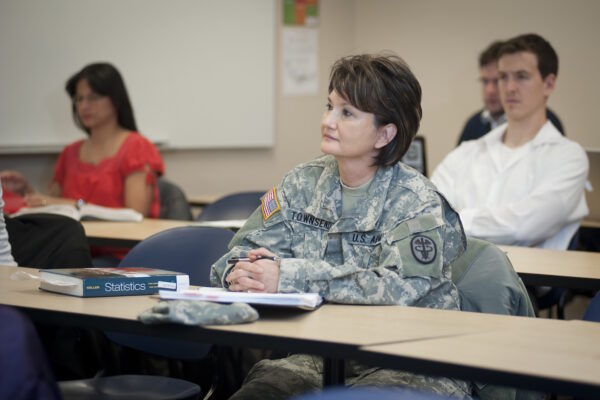
Serving Post-traditional Learners
What do we know about post-traditional learners, and how can we better help them earn the higher education credentials they need to succeed? Jonathan Gagliardi and Louis Soares on the results of a new ACE report, The Post-traditional Learners Manifesto Revisited.
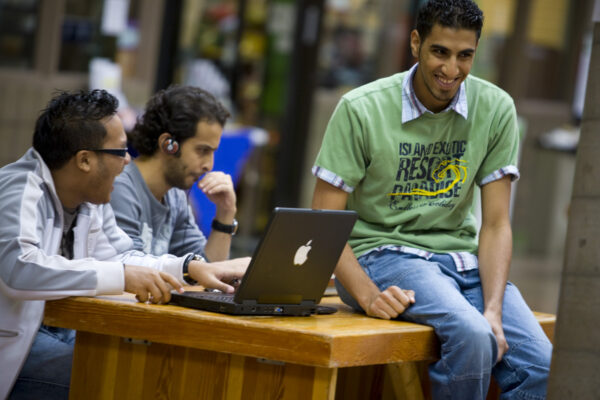
How to Navigate the Credentialing Maze
The stunning increase in the number and variety of credentials available in this country—college degrees, educational certificates, industry credentials, licensures, and most recently micro-credentials, such as digital badges—seems like a positive thing. However, the complex and fragmented nature of the credentialing marketplace is having the opposite effect—mass confusion.
Now What? Some Insights From OECD’s Adult Skills Survey
We’re not learning only in the classroom anymore—and maybe we never were. A new Organisation for Economic Co-operation and Development report shows that throughout the world, the workplace is a critical learning environment. The question is, what does that mean for educational policy and adult learners?